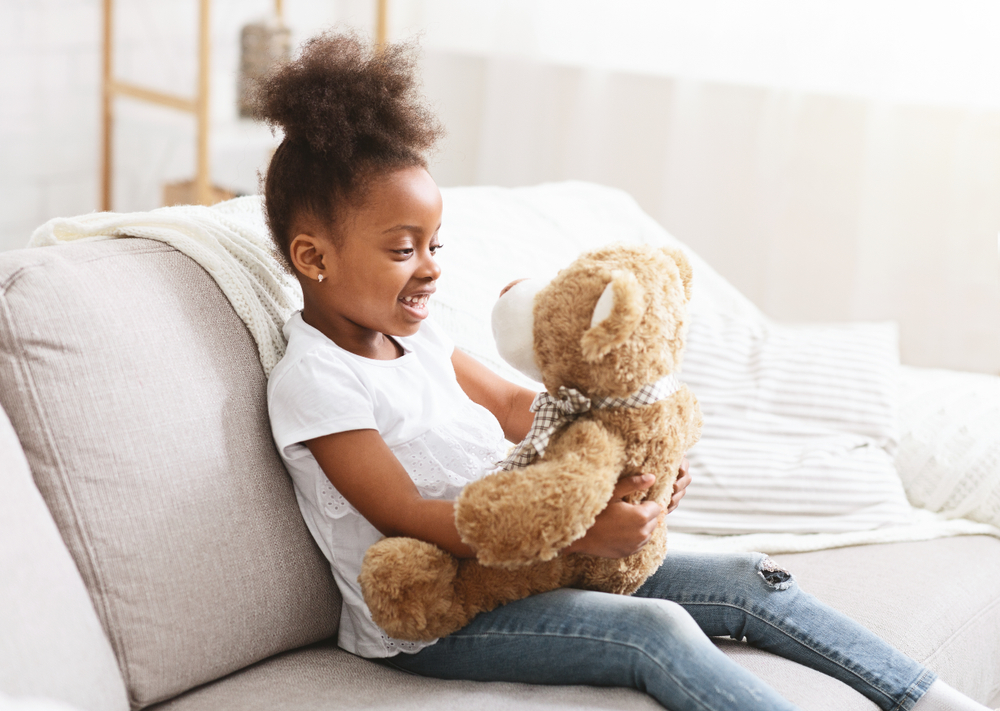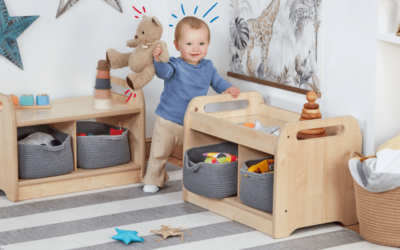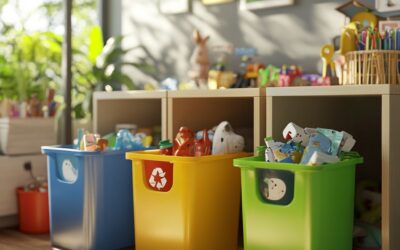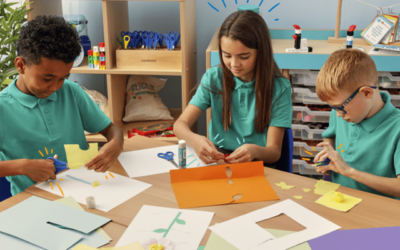The Act of Human Kindness
Being kind is an attribute that we all aspire to and a key life skill that is emphasized by both parents and educators when young children are learning to interact with others. Kindness is important for peace and harmony in classrooms (and the world!), but research also shows that children who get on well with their peers are more likely to have good mental and physical health and even perform better academically!
Kindness is a social skill that children begin to develop from approximately 2yrs old (as they become more empathetic) and continues to grow throughout life! As kindness is an abstract concept involving a combination of words and actions that change depending on the context, children need to observe and experience adults behaving kindly towards them and others before they can begin to practise being kind themselves.

Top five techniques to teach and develop kindness in early years education settings:
- Read stories with ‘kind’ characters and discuss how they feel when they are kind and when someone is kind to them.
- Catch kids being kind – praise and reward spontaneous acts of kindness e.g. stickers, extra play time, round of applause etc.
- Be kind to teddy- have a class mascot that children can practice being kind to every day e.g. “Teddy might feel lonely over there, lets let him sit with us”.
- Spread some kindness- Use a prop (e.g. a kindness heart, ball, etc.) during circle time and ask children to ‘pass on’ some kind words to the person next to them.
- Be kind rewind- If a child didn’t behave kindly the first time, give them an opportunity to try again and rewind and be kind instead!

This article was kindly written by by Inés Lawlor who has over 20 years experience in occupational therapy. She has worked with children with neurodevelopmental conditions, intellectual disability and more recently mental health difficulties in clinics, home and education settings.
If you’re interested in more articles from Ines, take a read of Teaching Emotional Literacy to Support Children’s Mental Health.
Related blogs
Your Guide to the School-Based Nursery Capital Grant
What is the School-Based Nursery Capital Grant? For schools aiming to enhance their nursery facilities, the School-Based Nursery Capital Grant provides a simple funding solution. This grant is open to eligible state-funded primary schools in England that...
What Goes In, Must Go Out
Creating a Circular Economy in Your Nursery Author: Nick Corlett Sustainability Manager at LEYF Sustainability is more than a trend—it’s a shared responsibility, and the nursery is the perfect place to nurture these skills. Every day...
Top tips to create a SEND-Friendly Primary School Classroom
Author Lindsay Robinson Lindsay Robinson has been a primary school teacher for 23 years and is passionate about achieving the very best outcomes for children through quality first teaching and experiences. I remember receiving very little guidance during my teacher...


